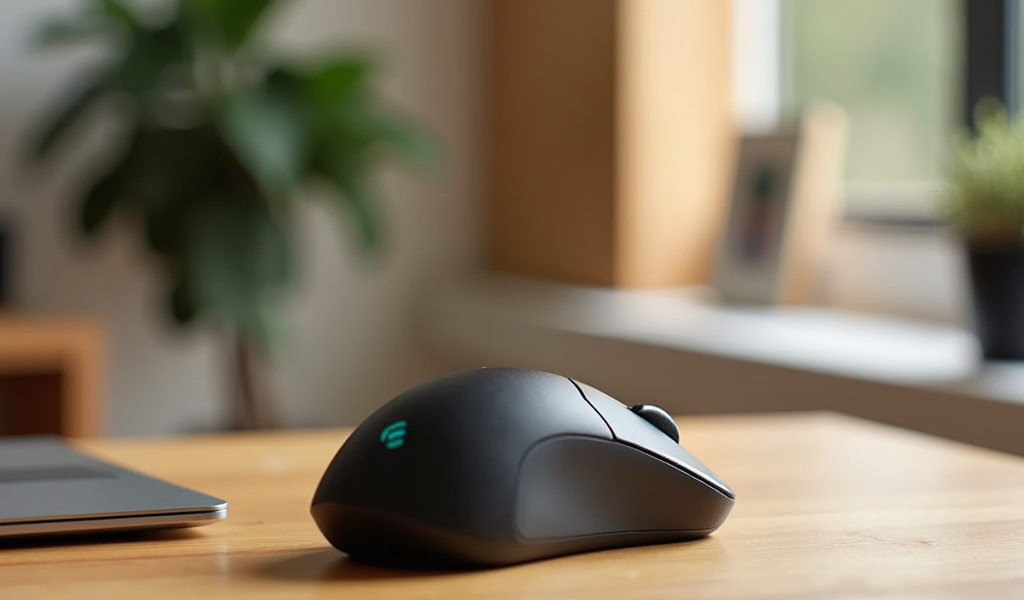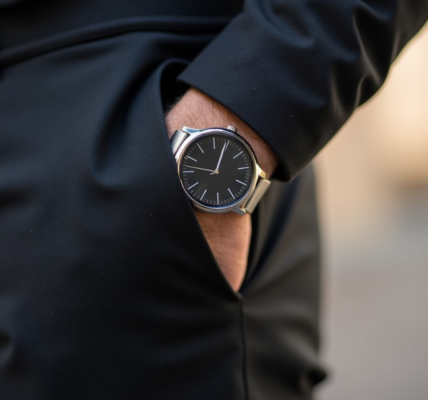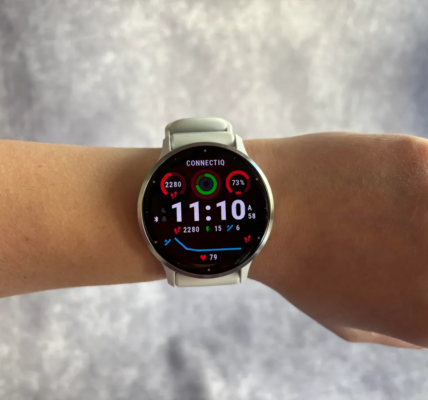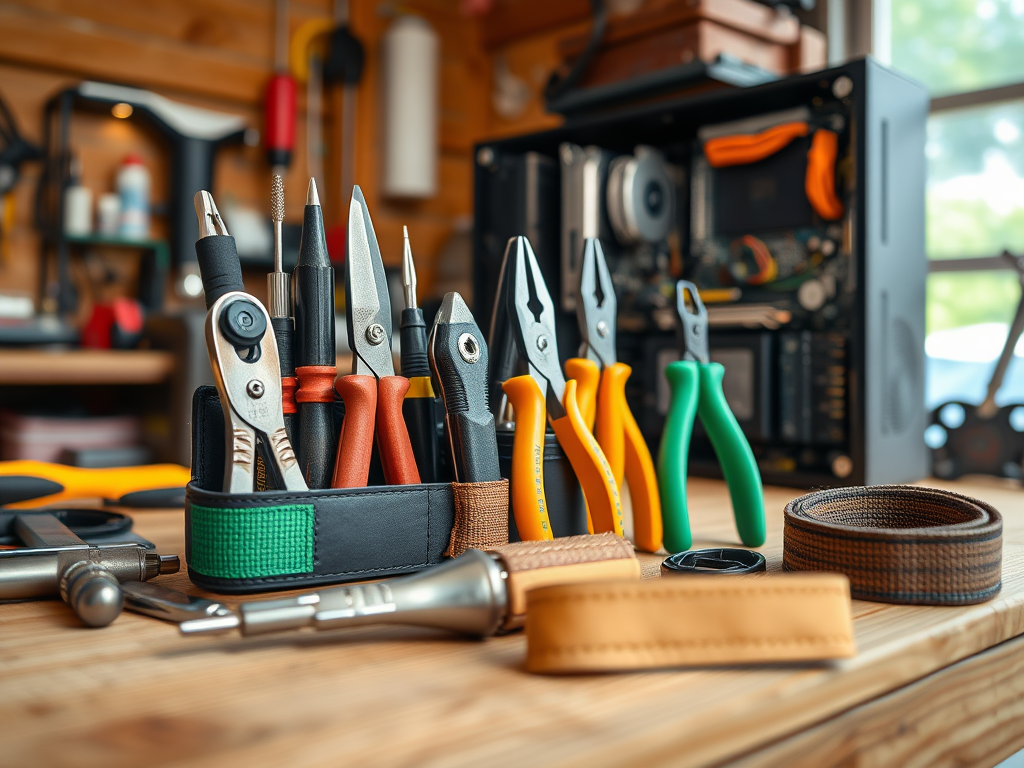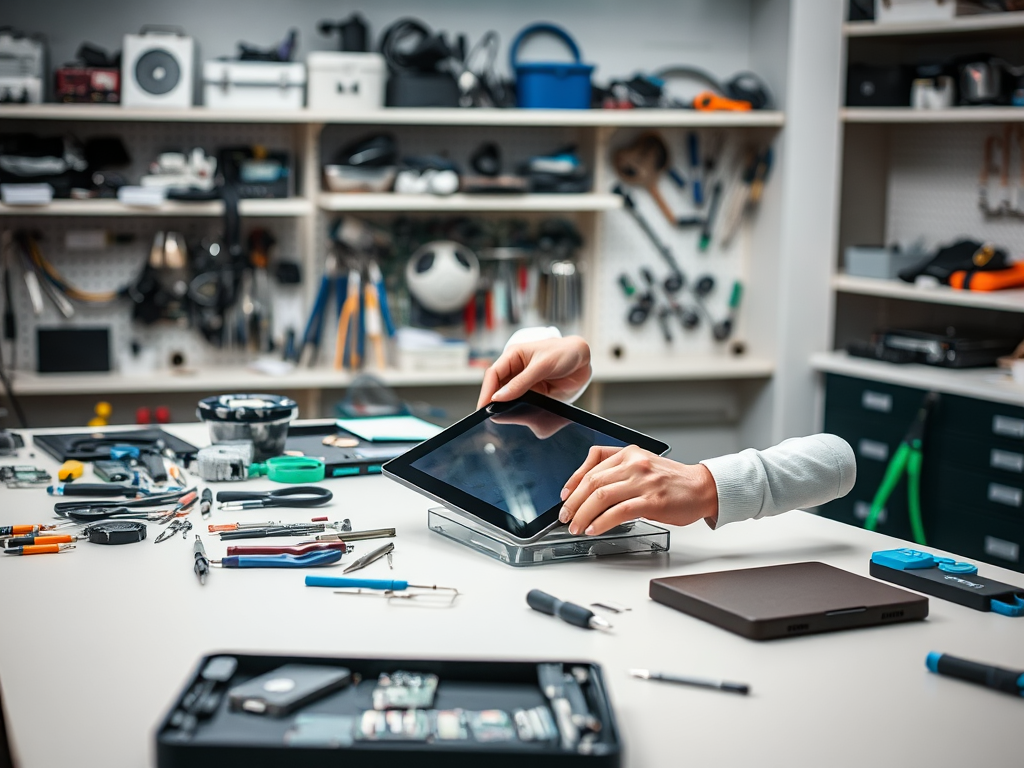Choosing the right mouse for your laptop or desktop PC can significantly enhance your computing experience. Factors such as comfort, functionality, and personalization should be prioritized to find the best fit for your needs. This article outlines the essential considerations for selecting the perfect mouse, whether you’re a gamer, a professional, or an everyday user. We’ve compiled key features, types of mice, and additional tips to help you make an informed decision. Dive in as we explore how to choose a mouse that complements your lifestyle and boosts productivity.
Understanding the Different Types of Mice
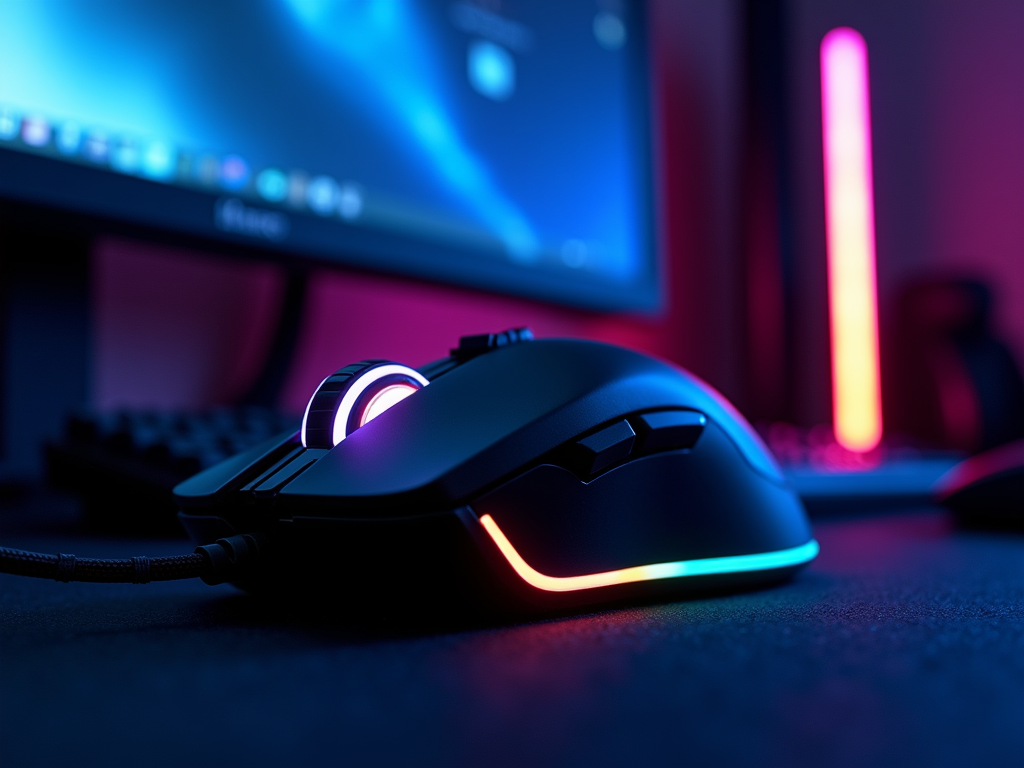
The first step in choosing the best mouse for your device is to understand the various types available. Different styles cater to diverse user requirements, so knowing these distinctions can greatly impact your satisfaction with your purchase. Here are the primary types of computer mice:
- Wired Mouse: Offers reliable performance, no need for battery replacements, and often lower latency, ideal for gamers or users who value responsiveness.
- Wireless Mouse: Provides the convenience of mobility without wires; however, it requires battery maintenance. They are often favored for casual use and travel.
- Ergonomic Mouse: Designed specifically for comfort during extended use, these are perfect for professionals who spend countless hours at a computer.
- Gaming Mouse: Equipped with advanced sensors, customizable buttons, and RGB lighting, these mice are tailored to enhance the gaming experience.
- Trackball Mouse: Features a stationary device with a ball that users rotate to move the cursor, reducing wrist strain and requiring less desk space.
Considerations for Comfort and Ergonomics
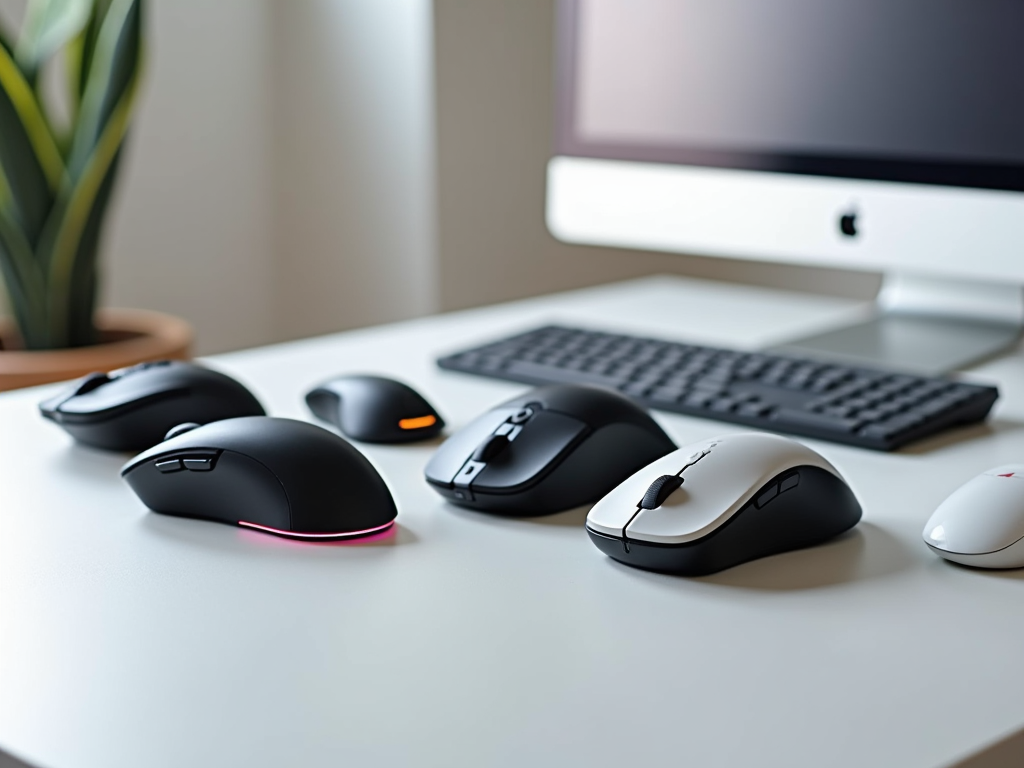
Comfort is paramount when selecting a mouse, especially if you use it for prolonged periods. An ergonomic design can help mitigate wrist strain and discomfort, making it easier to use your computer without fatigue. Here are vital factors to bear in mind:
- Grip Style: Choose a mouse that matches your grip style: palm, claw, or fingertip grip. Each style supports different ways of holding the device, so find one that feels natural.
- Size: The mouse should fit comfortably in your hand. Test various sizes to see what feels secure and easy to maneuver. Often, larger hands benefit from larger mice.
- Weight: Heavier mice provide stability, while lighter ones allow for quick movements. Some mice have adjustable weights to find the perfect balance for your usage.
- Material: The texture and material can affect grip and comfort. Look for rubberized grips or a soft-touch coating that allows for a solid hold without slipping.
Key Features to Look For
In addition to comfort, various features can enhance your mouse experience. Identifying must-have functions can help streamline your workflow or gaming sessions. Here are key features to consider:
- DPI (Dots Per Inch): Higher DPI settings allow for faster cursor movement. Adjustable DPI settings can be especially useful for both designers and gamers to adapt mouse sensitivity quickly.
- Buttons: Extra programmable buttons can enhance efficiency, offering shortcuts for frequently-used functions, particularly beneficial for productivity and gaming.
- Scroll Wheel: A smooth scroll wheel can improve navigation. Some come with tilt features for horizontal scrolling, while others offer tactile feedback, enhancing precision.
- Battery Life: For wireless mice, consider the battery life and whether it has a rechargeable option; longer battery life means less interruption during usage.
- Tracking Technology: Optical and laser mice provide different tracking capabilities; laser mice often work on varying surfaces, while optical mice are great for precision on lower surfaces.
When selecting the ideal mouse, your budget will play a crucial role. Mice can range dramatically in price from budget options to premium models. It’s essential to assess your requirements and find a balance that meets your needs without overspending. Consider the following:
- Budget Range: Establish a budget to streamline your selections. Entry-level mice may suffice for casual use, while specific functionalities might justify a higher price.
- Investing in Quality: Often, higher-quality mice offer better durability and comfort, which can be cost-effective in the long run.
- Brand Reputation: Established brands typically provide higher reliability and customer service, ensuring a better purchase experience. Look for brands known for quality and customer satisfaction.
- Sales and Discounts: Keep an eye out for sales events that can provide significant savings while still allowing for a quality product purchase.
Conclusion
Choosing the best mouse for your laptop or PC involves a careful assessment of your personal needs and preferences. Understanding the different types of mice, considering comfort aspects, exploring key features, and matching your budget are crucial steps. Whether you’re looking for a simple wired mouse or an advanced gaming mouse, the right choice can greatly enhance your productivity and efficiency. Take the time to test various options before making a purchase, ensuring you find a mouse that feels right and complements your working style.
Frequently Asked Questions
1. What is DPI, and why is it important?
DPI stands for Dots Per Inch, indicating how sensitive a mouse is. Higher DPI allows for faster cursor movement, making it crucial for graphic design or gaming where precision is necessary.
2. What’s the difference between an ergonomic mouse and a standard mouse?
An ergonomic mouse is specifically designed to fit the hand’s natural posture, helping to reduce wrist strain and discomfort during long hours of use, unlike standard mice, which may lack such designs.
3. Are wireless mice as good as wired mice?
Wireless mice offer convenience and mobility, while wired mice may have lower latency and are often preferred by gamers for their reliability. The choice depends on individual preference and use cases.
4. How do I know what size mouse to buy?
Mouse size can be determined by comfort. Hold different mice and choose one that fits your hand comfortably. Consider grip style and personal preference to find the appropriate size.
5. Can I use any mouse with my laptop or PC?
Most mice are universally compatible with laptops and PCs, especially those with USB connections. Ensure that your specific device supports the type of connection (wired or wireless) of your chosen mouse.
